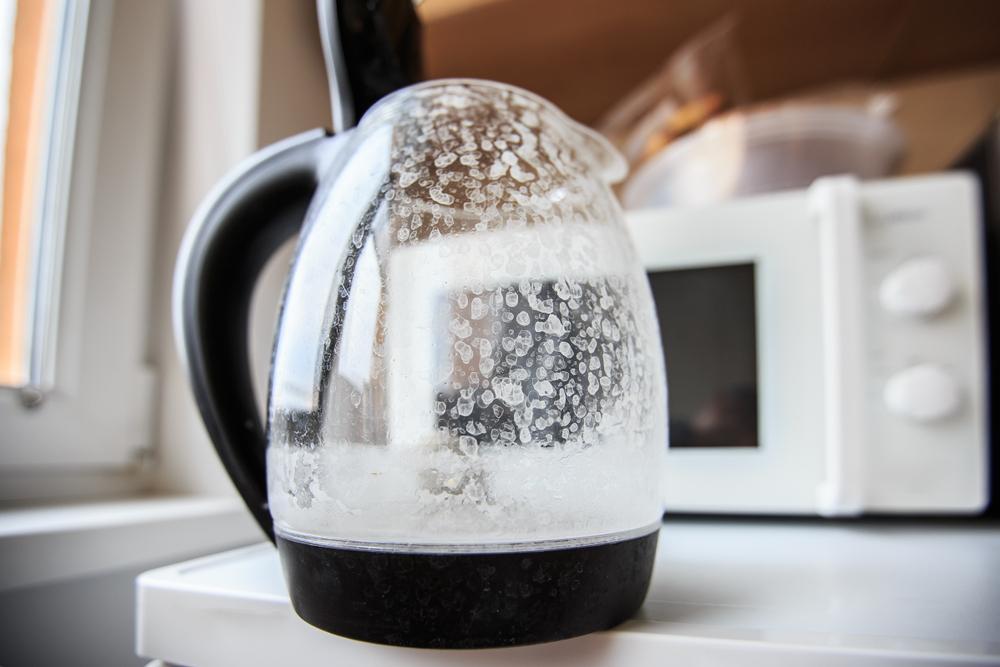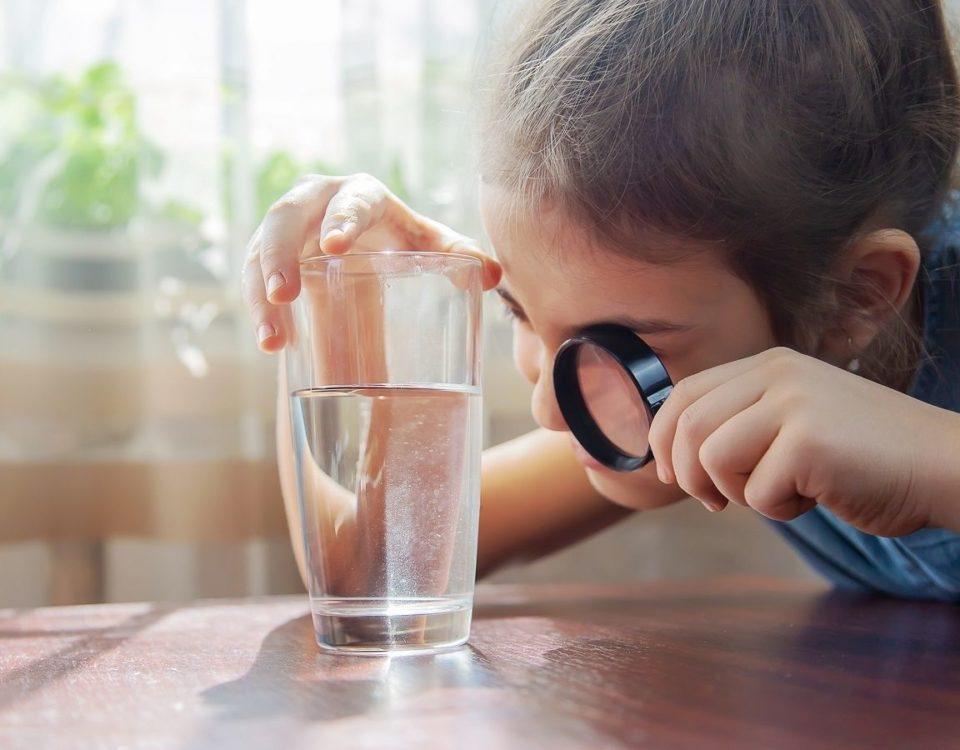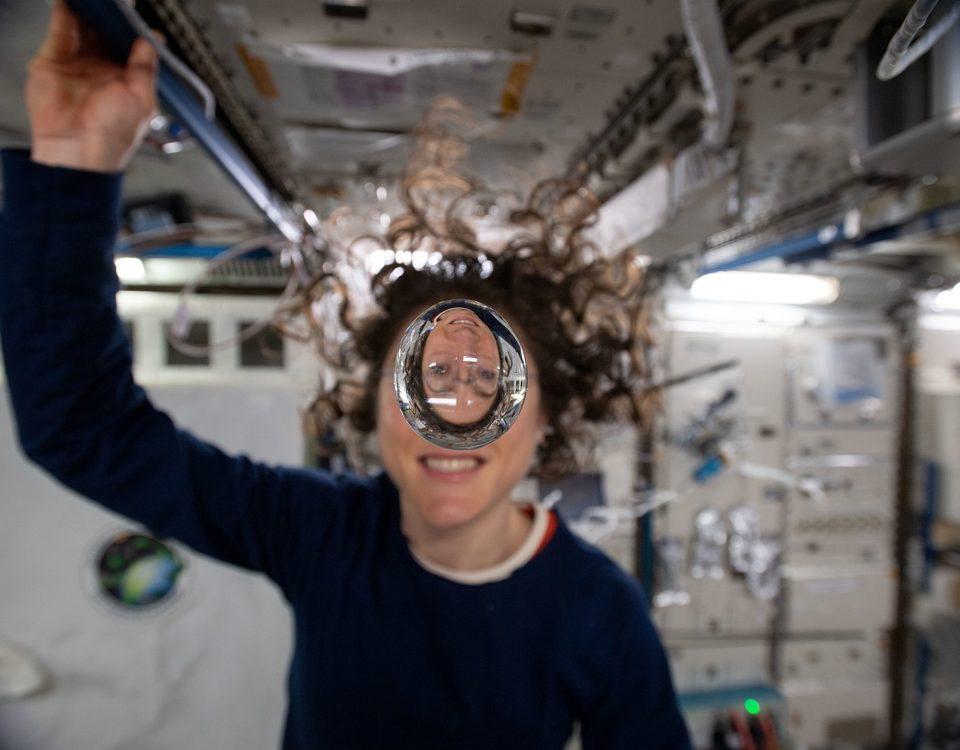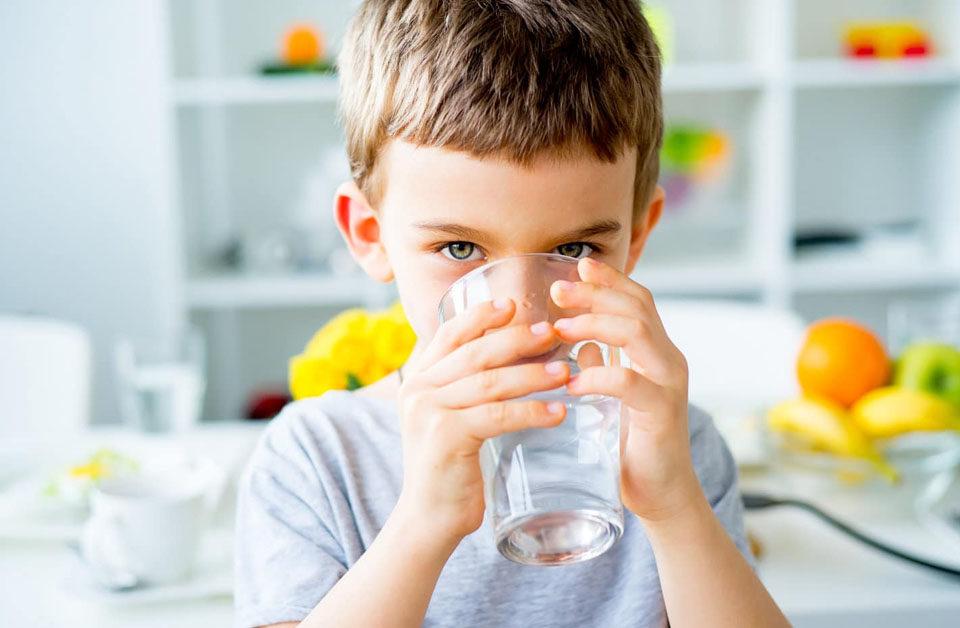What does pure water taste like?

Are you aware of the taste of different waters? Don't you like the taste of tap water? And… you are not alone! 30% of the population does not consume tap water because of its taste*.
To address this problem, O25 offers an osmosis device that purifies water, removing impurities, making it more palatable and pleasant to drink. But it's hard to get an idea of what makes water good and light without having a reference point.
That's why we invite you to TASTE IT ! Make an appointment here for a tasting session where we will compare osmotic water, untreated tap water and some bottled water. Feel free to bring your own water !
If you want a taste, read on...

Before describing the taste of osmotic water, it is important to specify two things
- Water itself has no taste. Indeed, our taste buds do not react to H2O molecules
- A water composed of 100% H2O molecules does not exist in nature and is not available for consumption
Read also: Does water contain minerals essential to the proper functioning of the body?
To get an idea of the taste of purified water, or very low mineralized water, we can rely on the tastes, smells and sensations of the waters we know.
Taste
A Veolia1 study on the dissatisfaction associated with the taste of city water focused on chlorine and mouldy tastes.
- Chlorine: its taste indicates that the water has been treated to neutralise possible pathogens
- Musty: The musty taste can have several origins. It can be emitted by a micro-algae or organic molecules digested by bacteria.
- Metal: It is also possible that old pipes release metal compounds into the water, giving it an iron taste.
Some bottled waters with a high mineral content can also bring a salty taste.
Water hardness
"Hard" water is water with a high calcium and magnesium carbonate content. These are the compounds that precipitate as limescale and are responsible for the appearance of tartar.2

Limescale water gives water an astringent taste, a heavy and drying sensation in the mouth. It is not necessarily bad for your health, but it certainly puts a strain on your kidneys. Too high concentrations may not be tolerated by some people who are not used to it or who have kidney problems. Water that is too hard can also irritate the skin3
Water hardness is calculated in French degrees (°f). Ideally, water should contain less than 15 f. Check the hardness of your city water here.
| Water hardness (°f) | Between 0 and 7 | Between 7 and 15 | Between 15 and 30 | Between 30 and 40 | More than 40 |
|---|---|---|---|---|---|
| Water | Very soft | Soft | Pretty hard | Hard | Very hard |
The real taste of water
The reverse osmosis technology allows to filter more than 90% of the dry residues present in the water and altering its taste. Purified water does not smell like bleach or taste like chlorine, mould, metal or limescale. It seems a little sweet and leaves a light sensation in the mouth. It's not just a water you drink, but a water you enjoy!
But don't take our word for it, come and test it for yourself!
______________
*According to our market research on 313 participants in Wallonia and Brussels
______________
1 https://www.veolia.com/sites/g/files/dvc4206/files/document/2014/04/gout_eau.pdf
2 https://fr.wikipedia.org/wiki/Calcaire
3 https://www.passeportsante.net/fr/Actualites/Dossiers/DossierComplexe.aspx?doc=eau-calcaire-lutter-effets-nefastes



